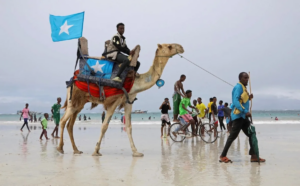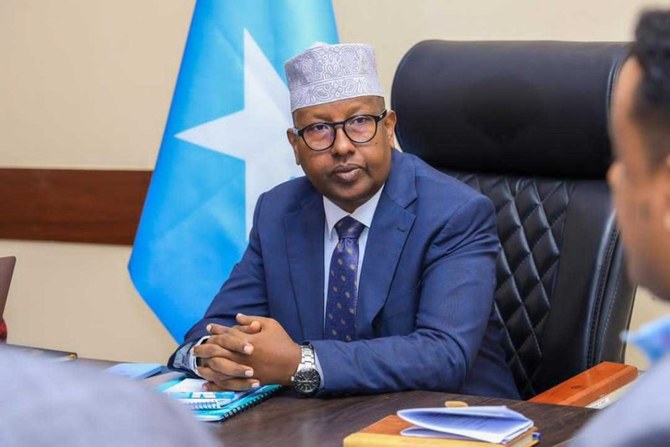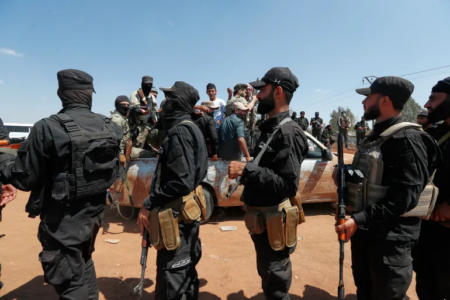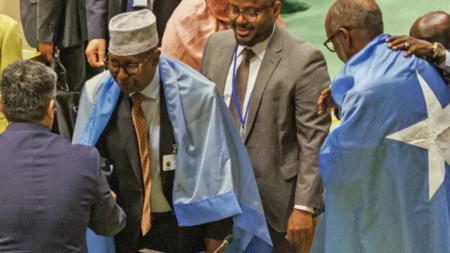Somalia’s Foreign Minister has accused the AU Mission chief of overstepping diplomatic boundaries, escalating tensions with key international allies. The dispute centers around concerns of sovereignty, transparency, and the direction of peacekeeping operations. This friction comes as Somalia navigates complex regional politics and seeks greater autonomy in security matters. The issue has drawn widespread attention from regional blocs and global observers.
AU Mission Leadership Faces Diplomatic Backlash
Recent surveys by regional think tanks show that over 60% of Somali political analysts believe the AU Mission leadership has exceeded its mandate. Reports highlight increased tension between federal authorities and mission officials, particularly over communication gaps and operational transparency. This backlash is reshaping the diplomatic dynamics in Somalia’s peacekeeping framework.
Somalia Pushes for Sovereign Control in Peacekeeping
According to a 2024 policy report by the Heritage Institute, 73% of Somali citizens support increased national oversight over foreign troops. This reflects growing public demand for Somalia-led operations, especially in stabilized regions. Government figures show a gradual shift from foreign-led missions to Somali National Army deployments.
International Partners Caught in Growing Dispute
UN and EU officials have reportedly expressed concern over deteriorating cooperation between Somalia and peacekeeping stakeholders. A 2023 AU report noted a 35% drop in coordination meetings with Somali officials compared to the previous year. These gaps are stalling progress on mutual goals such as election security and stabilization plans.
Somalia Reassesses Future of AU Mission Engagement
In 2024, Somalia’s Foreign Ministry launched a review of its strategic alignment with the AU Mission, citing sovereignty and cost-efficiency as major concerns. Preliminary data suggest 42% of the federal parliament supports renegotiating the current mandate. This signals a possible shift toward alternative regional or bilateral security arrangements. The future role of the AU Mission remains uncertain amid increasing domestic pushback.






